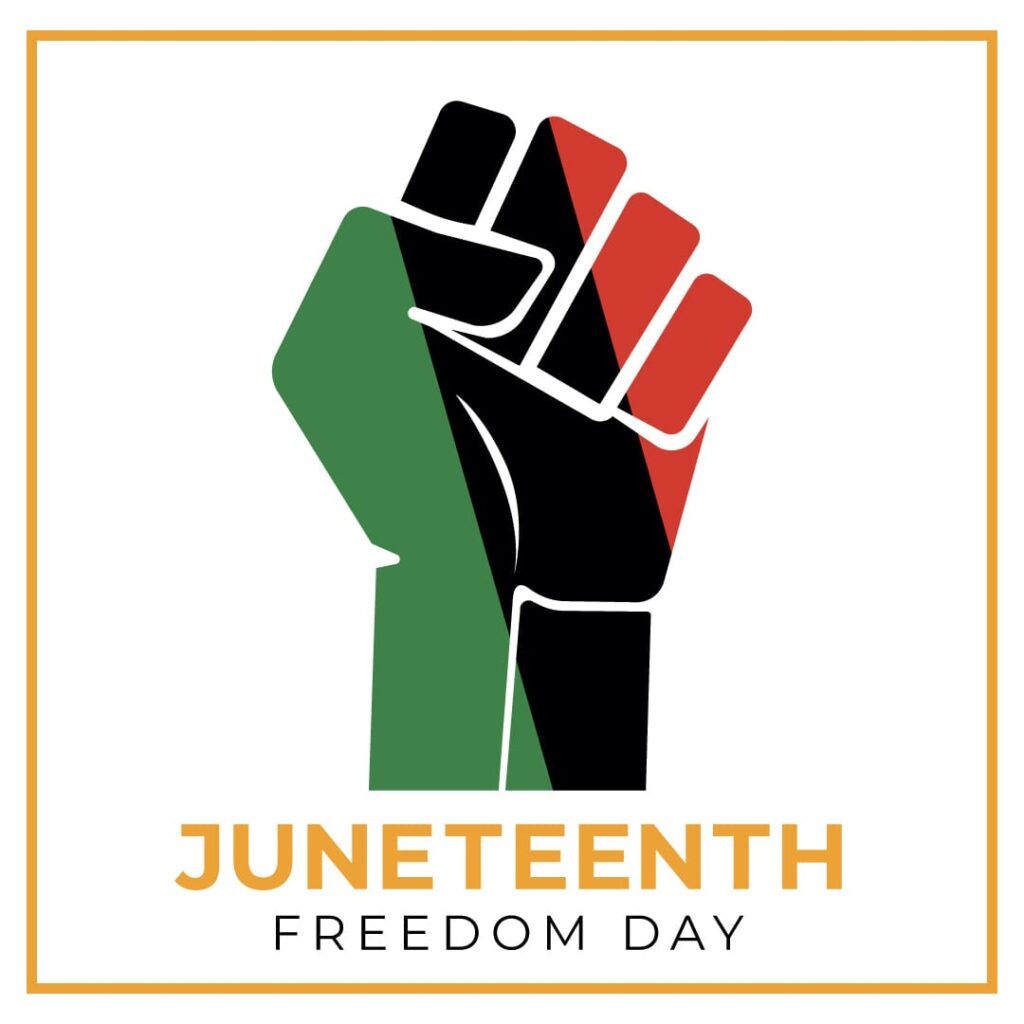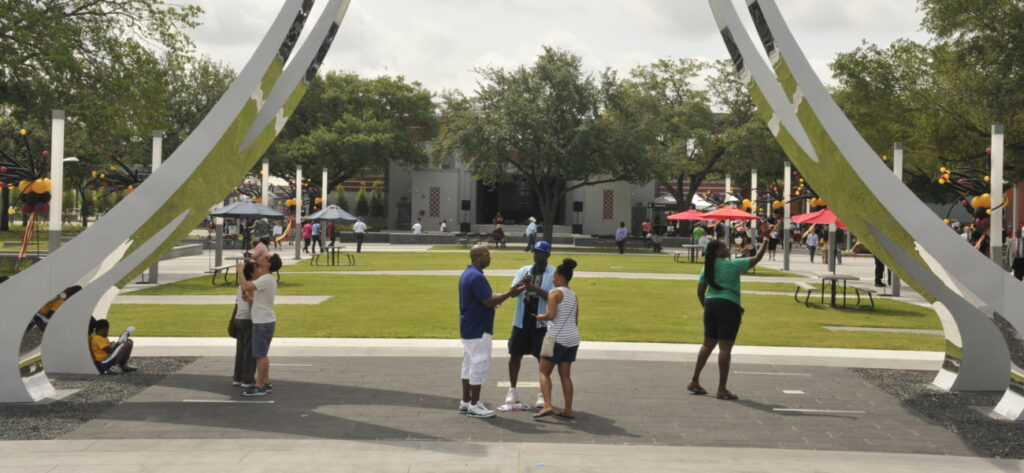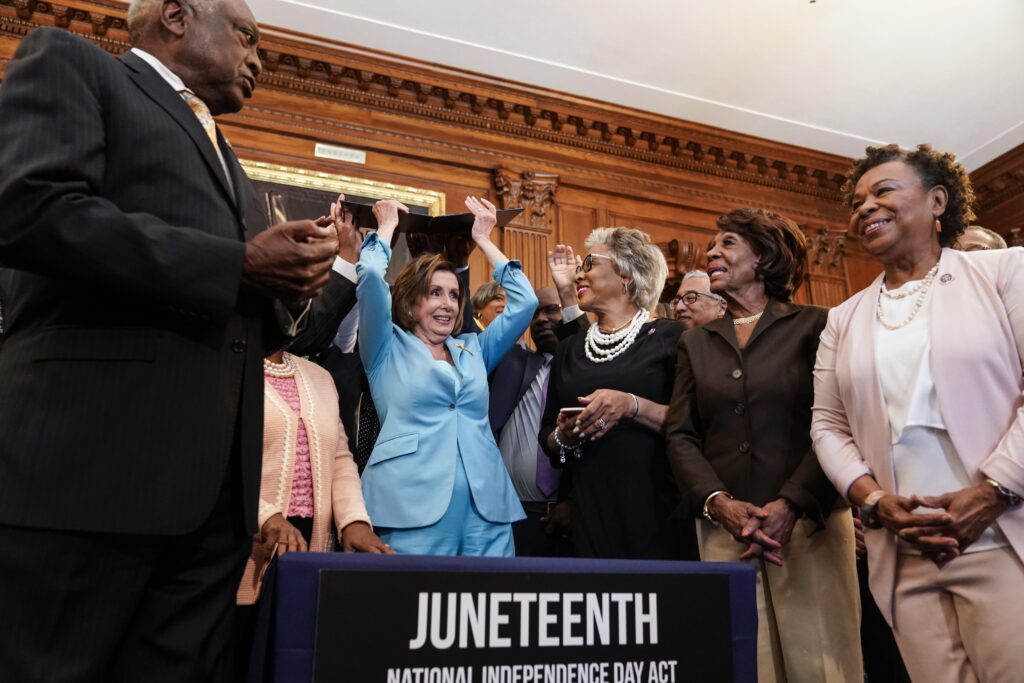Juneteenth, a pivotal day in American history, marks the liberation of enslaved African Americans in Texas. While the Emancipation Proclamation was signed in 1863, freedom didn’t reach Texas until June 19, 1865. Houston, with its vibrant African American community and rich cultural history, plays a crucial role in preserving and celebrating the legacy of Juneteenth.

The Origin of Juneteenth: Freedom Reaches Texas
On June 19, 1865, General Gordon Granger arrived in Galveston, Texas, to announce that all enslaved people were now free. This momentous day came two and a half years after President Lincoln’s Emancipation Proclamation. The late announcement highlights the challenges enslaved people faced in their journey to freedom.
The name “Juneteenth” is a blend of “June” and “nineteenth,” symbolizing the day enslaved African Americans in Texas learned of their freedom. This date became a time for reflection, celebration, and community gathering, setting the stage for future commemorations.

Emancipation Park: The Heart of Houston’s Juneteenth Celebrations
In 1872, a group of formerly enslaved men, led by Rev. Jack Yates, purchased 10 acres of land in Houston’s Third Ward. They dedicated this space to Juneteenth celebrations, naming it Emancipation Park. This park remains a central part of Houston’s cultural life and serves as the epicenter for Juneteenth events, offering a place to honor history and celebrate progress.
Emancipation Park symbolizes more than just freedom – it reflects resilience, hope, and community spirit. Today, the park hosts festivals, parades, and educational programs that attract thousands of visitors each year.

How Juneteenth Became a National Holiday
For many years, Juneteenth celebrations were primarily local events. Houston played a significant role in expanding the reach of the holiday. Activists and community leaders in the city advocated for broader recognition, ensuring that Juneteenth remained relevant to new generations.
Their efforts culminated in a significant victory in 2021, when Juneteenth was officially recognized as a federal holiday. This achievement reflects the enduring commitment of Houston’s African American community to preserving their history and advocating for justice.

Traditions That Define Houston’s Juneteenth Celebrations
Houston’s Juneteenth celebrations are filled with music, dance, and food, reflecting the city’s diverse cultural heritage. From lively parades through the Third Ward to family barbecues, the day is about more than remembering—it’s about celebrating freedom and progress.
- Music and Performances: Gospel, jazz, and hip-hop are integral to Juneteenth festivities, symbolizing the rich musical legacy of Houston’s African American community.
- Food and Gatherings: Traditional Southern dishes, including barbecue and red soda, are staples of the celebration, representing unity and joy.
Community organizations also host events focusing on education, health, and empowerment, emphasizing the importance of continuous progress.
The Legacy and Future of Juneteenth in Houston
Juneteenth is more than just a celebration—it’s a call to action. In Houston, the holiday serves as a reminder of the work still needed to achieve true equality and justice. Community leaders use the day to raise awareness about issues such as voting rights, economic disparities, and social justice.

Houston’s commitment to preserving the legacy of Juneteenth ensures that future generations understand the importance of freedom and the ongoing fight for civil rights. Emancipation Park continues to evolve, offering a space where history, culture, and progress intersect.
A Celebration of Freedom and Progress
The story of Juneteenth is deeply connected to Houston’s identity. From the creation of Emancipation Park to the vibrant celebrations that continue today, Houston remains at the forefront of keeping this tradition alive. As the nation embraces Juneteenth as a federal holiday, Houston’s role in this journey serves as a powerful reminder of the city’s enduring legacy of resilience, progress, and hope.